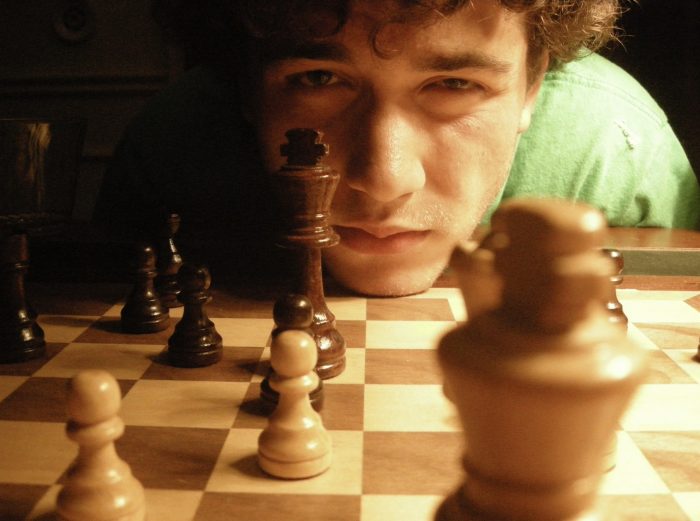What does it mean to judge someone else?
How do you know if you are doing it?
Confusion in this area stems largely from the fact that the word judgment has two different meanings that most of us are unaware of.
Just as the word bark can mean either the sound a dog makes or the covering of a tree—the word judgment also has two completely different meanings.
First definition: to judge someone else can mean to be critical of them, to lower their value in our estimation. This is the type of judgment to avoid because it harms us, as well as the other person. This is what most of us think of when we hear the word judgment.
Second definition: to judge also means to have discernment—to be able to see the elements of the situation clearly and then make healthy, reasonable decisions based on that insight. This can also be called awareness.
The issue comes when we confuse these two different actions because the same word is used to describe them.
If I am not clear about the second definition of the word, I will believe that all judgment is wrong, and therefore practicing clear discernment in a situation feels wrong to me. This causes needless pain and suffering; we are now making poor decisions because we believe that making clear, healthy decisions is the wrong thing to do.
The writer Matt Kahn said this:
Judgment is only when you use the narrative of life to condemn someone with no room for them to be redeemed…Judgment is when you are so lost in your own inner narrative that you are refusing forgiveness for people who need it the most…Being honest about your experience is not a judgment. Having an opinion is not a judgment. Having an opinion about someone’s conduct is not a judgment. Because you are just saying: “Here is my basis of reality. Here is their different basis of (reality), and this is what I’m not resonating with.”
Let’s look at an example:
You are dating someone—they are polyamorous, and you are not.
You believe that they are wrong and need to change. In this case, you are judging them in a negative way. This is not discernment because you are unwilling to understand them. They have done nothing to harm you, yet you fault them for it. You may not be a good fit, and you may need to look for another person to date, but this does not mean the other person is wrong.
On the other hand, if you are dating someone who physically or emotionally abuses you, then to forgive them is good and not judgmental but to stay with them is also not good. This is not a proper use of discernment. You have forgiven them, which is positive, but staying with them is not supportive of your own well-being. This is not a proper use of your discernment.
One way to tell the difference between lack of forgiveness and discernment is that critical judgment is based on fear and lack of self-love, and proper discernment is based on the love of the self and others.
If a situation arises, try sitting in a quiet place and going inside yourself to see if you can tell if your feelings are coming from fear or love—you may not always be able to tell.
You may want to try using the word discernment rather than, or in addition to, the word judgment to identify when you are using healthy reasoning versus being critical out of fear. This makes it easier for others to understand your meaning.
There are clues that show when judgment is fear-based and arising from prejudice. If you’re feeling annoyance or anger at a person’s appearance or non-threatening actions, then it’s possible you are judging critically.
Being judgmental in a prejudiced way is not only unkind, but it lowers your self-love as well, which in turn can initiate more fear and anger in you and decrease your confidence and self-respect.
The more you love and respect all others, the more you love and respect yourself—and the more confident and successful you will be.
Having a daily practice of grounding, emotional release, or meditation can help support this process further. Also, reading books like The Four Agreements, or anything by Alan Watts, Serge King, or Erich Fromm can help you have a more clear idea of what to look for when being aware.
In the end, clarity on when you are judging someone in a prejudiced way or when you are simply being aware and discerning supports your growth process.
Practicing each of these will not only help to build your confidence and self-love, but it can also help you attract people into your life who are positive and supportive—and give you the opportunity to be a positive and supportive force for those around you.
~









Read 16 comments and reply